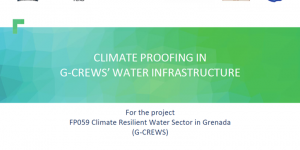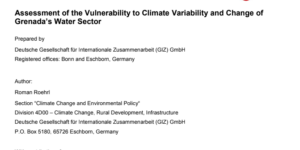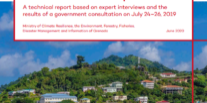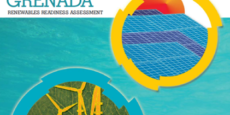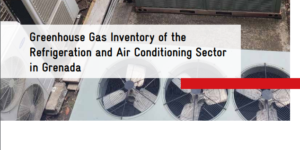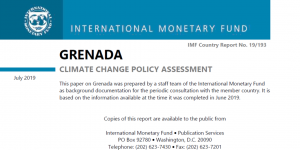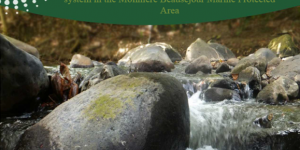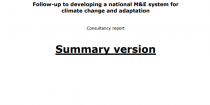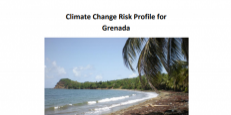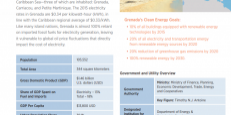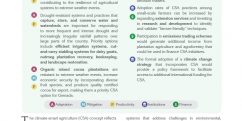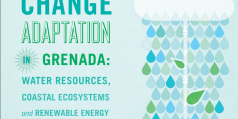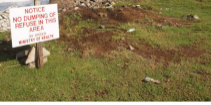Access: Official
Description
Prior to the activities outlined in the present report, no projects had been undertaken that focus specifically on climate change adaptation in the Grenadian health sector. The present health and climate change vulnerability and adaptation assessment (V&A) serves as a first step towards guiding the Ministry of Health and Social Security (MoHSS) in its future climate-sensitive health programming. Small Island Developing States such as Grenada are disproportionately affected by the negative consequences of climate change. Rising temperatures and sea levels are predicted along with a growing tendency of extreme weather events such as tropical storms, hurricanes, and floods. These changes in climate and weather patterns can have direct and indirect impacts on human health. The climate change related health risks identified by the V&A include direct impacts from extreme weather events and natural disasters such as: Physical injury, death, heat stress and heat-related illness, psychological trauma, loss of livelihoods, water, sanitation and hygiene related issues, food insecurity, displacement; as well as indirect impacts brought about by rising temperatures and changing rainfall patterns such as an increase in vector-borne (dengue, chikungunya, Zika), waterborne (diarrheal diseases) and rodent-borne infectious diseases (Leptospirosis). Furthermore, increasing amounts of airborne particulates from Saharan dust during the rainy season may increase cases of chronic respiratory disease and acute respiratory infections.

